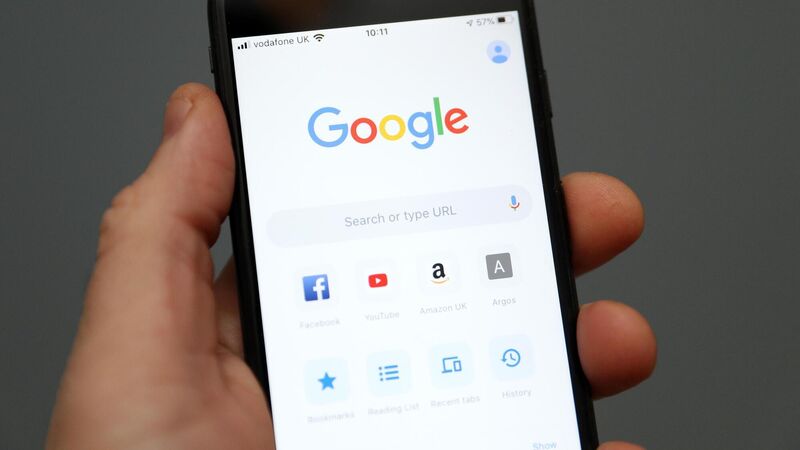Google ‘confident’ third-party cookie alternatives are right for ads and privacy

Google has said it is confident that proposals to scrap third-party cookies on Chrome are right for the web despite questions about the impact it could have on sites dependent on them for revenue.
The tech giant is pressing ahead with the move despite concerns from publishers and an ongoing investigation by the UK’s Competition and Markets Authority (CMA) regulator.











